Table of Contents
If you stay without food for several weeks you would survive because your body would use the stored fat and protein as energy. But if you cut off your water supply you would be dead within days. Water equals life and there are different ways of making sure the water you drink is safe for you to drink.

Water has the brilliant ability to attract and dissolve dirt and constantly circulates through the Earth and the atmosphere. On an average we need to drink 1.5 to 2 litres of water per day to keep our bodies healthy. How do you know if the water you drink is clean, pure and tasty?
Let's have a look at water filters and the different ways they work!

Distillation
This is one of the oldest water purification methods. It heats the water to exceptionally high temperatures that makes the water vaporise and then condense it back into drinkable water. The method removes minerals, microorganisms, and chemicals with a high boiling point. These filters cannot remove chlorine and many other volatile organic chemicals.
Deionization
This filter promotes ion exchange in your water in order to remove salts and other electrically charged ions. Living organisms, such as viruses and bacteria will not be removed by these filters.
Ion exchange
This technology uses resin to replace harmful ions with ones that are less harmful. It has the ability to replace calcium and magnesium with sodium. The resin needs to be regularly “recharged” with harmless replacement ions.

Reverse osmosis
This method works by moving water through a membrane in order to stop larger, more harmful molecules. The filter only blocks contaminants with larger molecules than water. This means that chlorine, for example, cannot be removed. The filters consume far more water than they produce and ae often bulky installations taking up room under the sink.
Mechanical
These filters contain small holes that remove sediments and cysts and are often used alongside other filtration systems.
Ozone
This filter effectively kills large numbers of microorganisms but does not remove chemicals. This filter is often employed alongside other technologies.

Activated carbon blocks
This filter is composed of crushed carbon particles and seems to be more effective than other types of carbon-based filters since they have a larger surface area. The rate at which water flows through these filters has a direct impact on their level of effectiveness. Carbon removes contaminants by chemically bonding to the water that is poured into the system. Carbon filters are made from coconut which are extremely effective in removing contaminants from water.
Granulated activated carbon (GAC)
These filters use small grains of carbon to filter your water. Due to the small surface area they tend to be slightly less effective than their block-shaped counterparts.

Charcoal filters
With this filter method you drop the charcoal in the water and leave it to soak, it will slowly filter out impurities from the water. This is a time consuming method which is probably the main reason it is no longer so commonly used as in the past. Usually when someone refers to charcoal filters they actually mean carbon filters.
Water softeners
If you cannot consume large amounts of salt, it is best to avoid softened water. This filter reduces the amount of magnesium and calcium in the water but the water ends up with a high amount of sodium.
Why we use water filters in Malta
There are more than one reason why people in Malta would want to use a water filter for their drinking water.
The tap water resources in Malta are desalinated sea water processed by industrial reverse osmosis technology. Most of the contaminants are removed but the water is heavy in minerals. Although official reports say that it is safe to drink the tap water, most people would agree that the water in Malta tastes awful. Many of the pipes in the buildings are very old and possibly cracked which can lead to contaminated water.
The chlorine added in the water acts as a disinfectant to remove viruses, bacteria, and protozoans and that is why the water in Malta would be safe to drink. In the EU the supply of drinking water is regulated by Directive (EU) 2020/2184 of the European Parliament and of the Council of 16 December 2020 The easiest way to get rid of chlorine is to let it evaporate. That will be time consuming and you would have to leave the water in an open pot all-night-long in order to drink it in the morning.
When it comes to water filters there are also different types of filters you can use at home. There are pitchers, under-sink, on-counter and faucet-mounted and it all adds up to your own needs and preferences.
TAPP waters filter uses a 5 stage advanced micro-filtration that filters chlorine, limescale, heavy metals, bacteria, pesticides, nitrates and more and have been independently tested in Malta and the results published confirming the filtration of over 100 contaminants.
My hope is that you know more about water filters and how they work now and why you should use one in your home.
TAPP water also has a taste test guarantee that allows you to try TAPP Water for 45 days in your own home. This so you can make a proper decision for yourself.


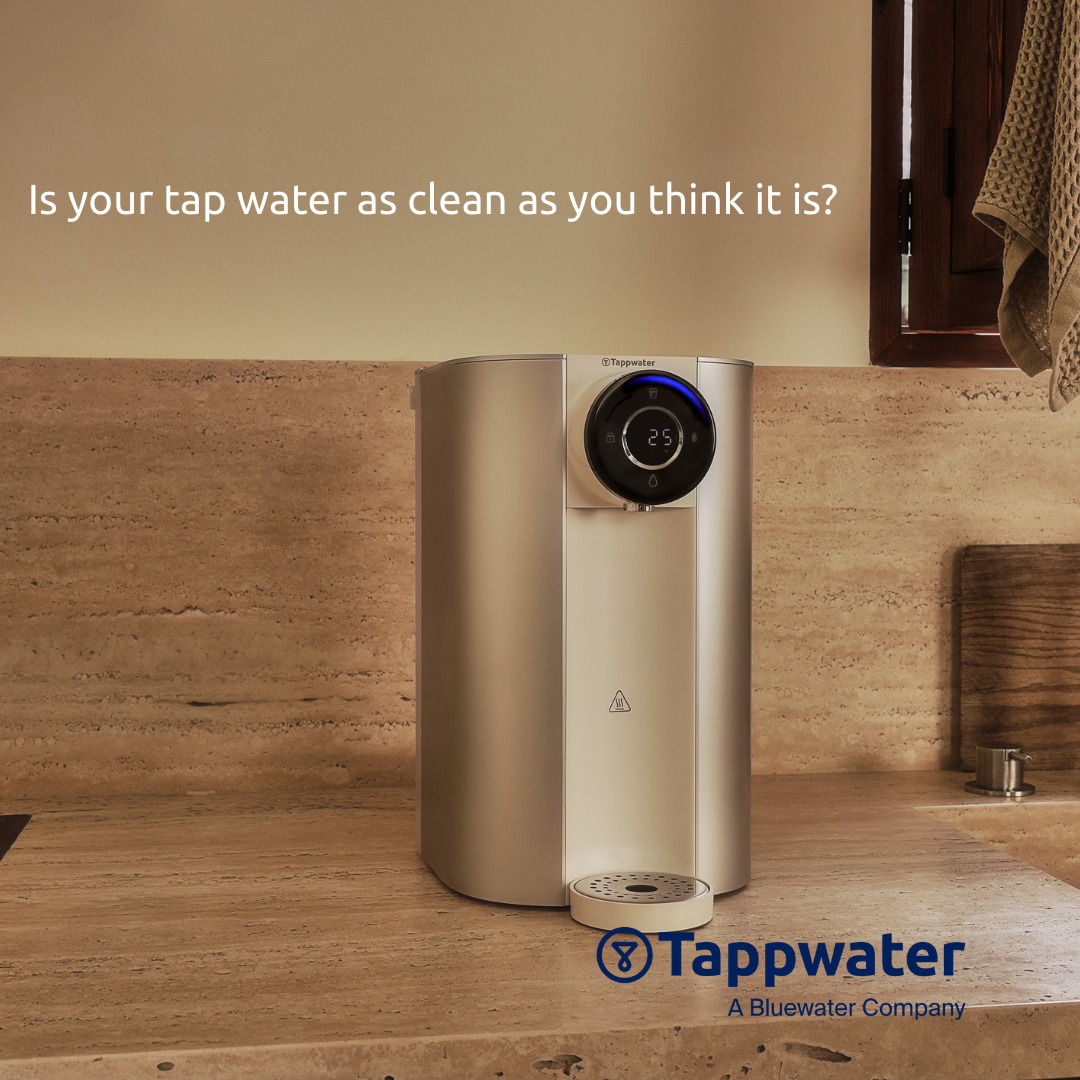

![[WATCH] Malta's Tap Water Challenge: The Tappwater Solution. A Look at the Science, the Tests, and the Deliciously Clean Results.](http://tappwater.mt/cdn/shop/articles/Why_We_lab_tested_maltas_water_Sqaure.png?v=1756738451&width=1080)
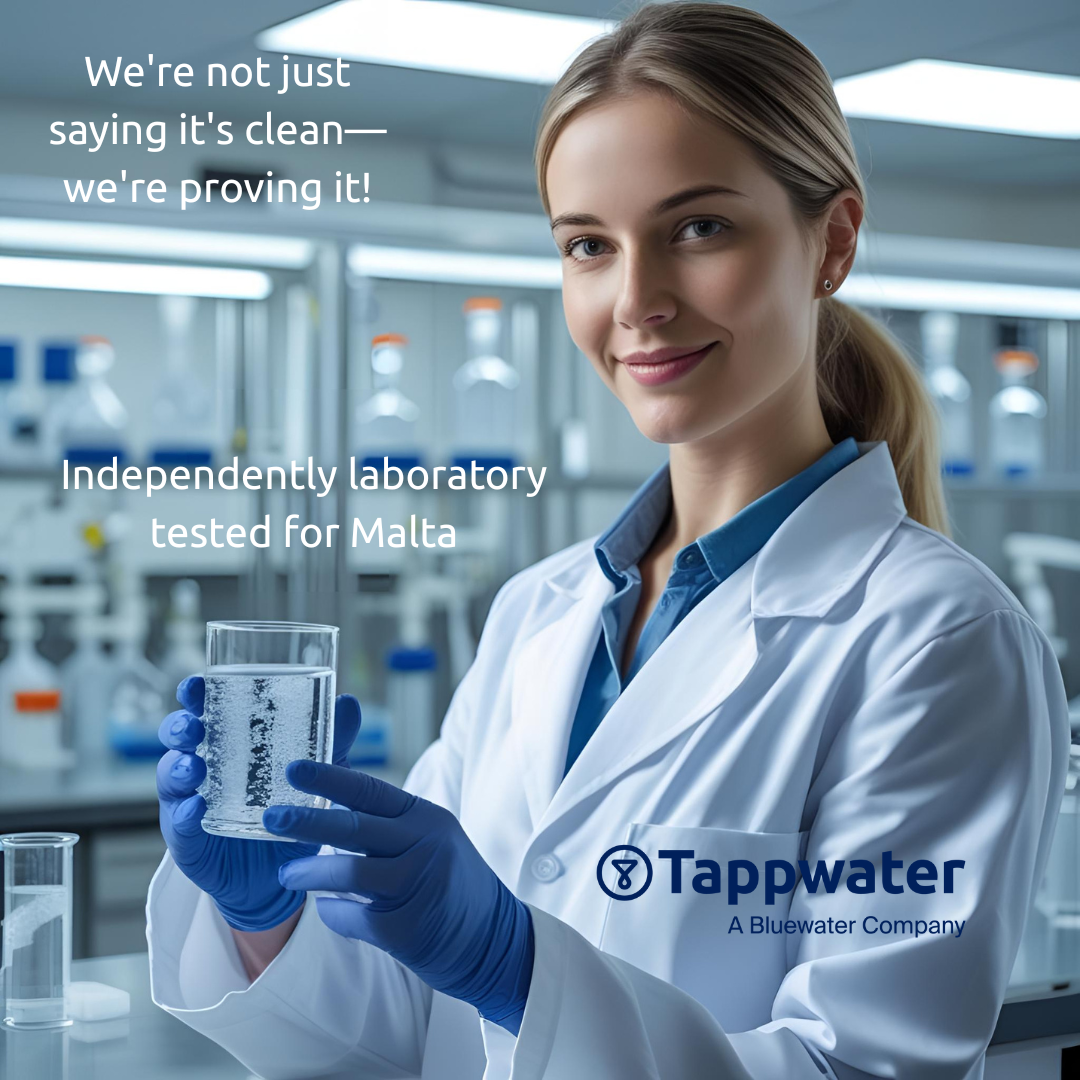
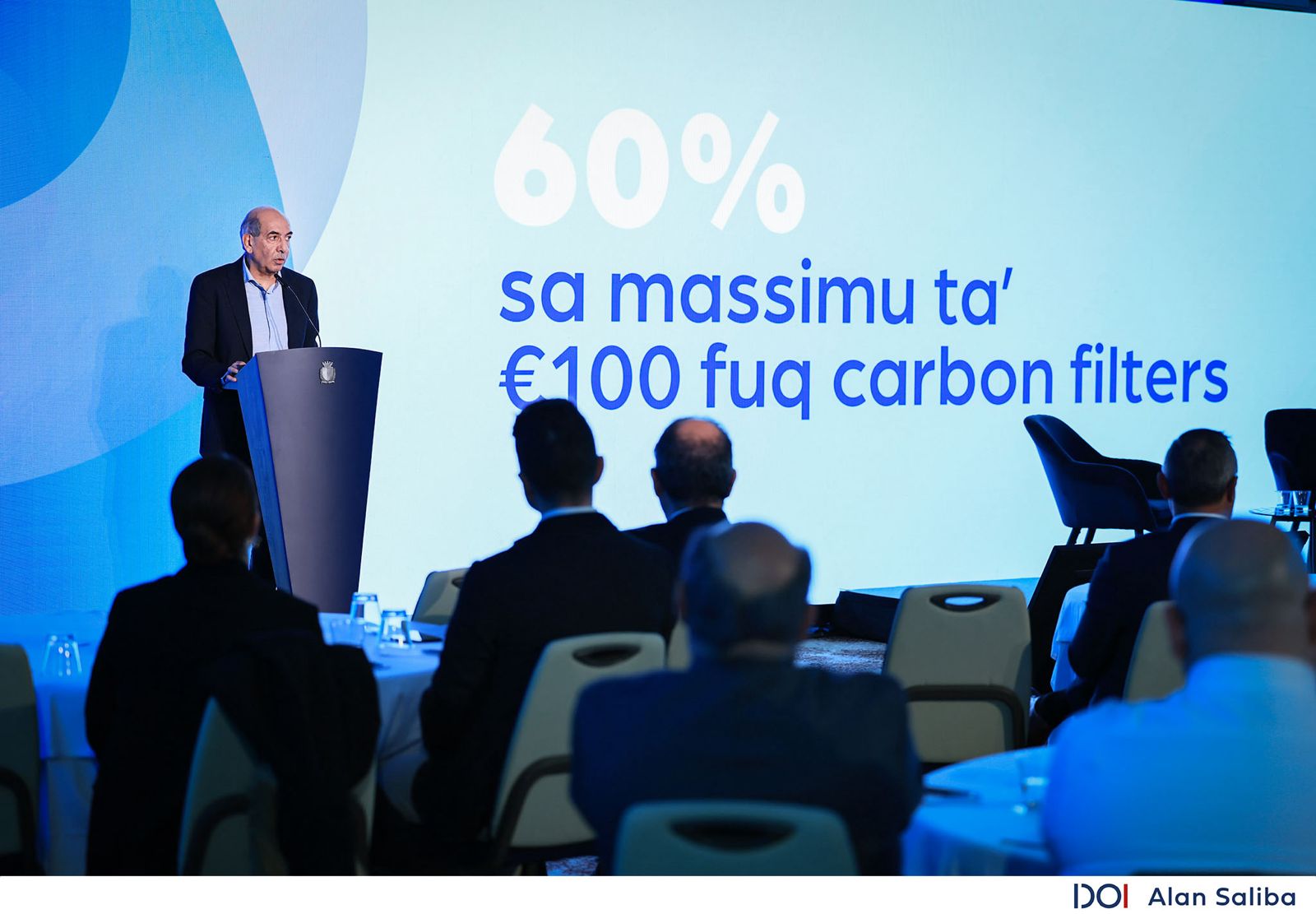
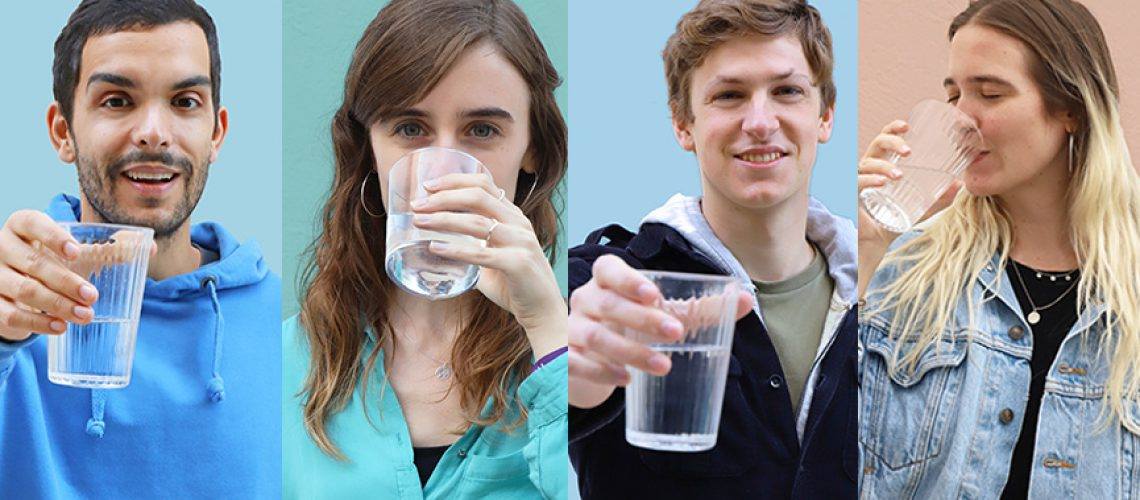
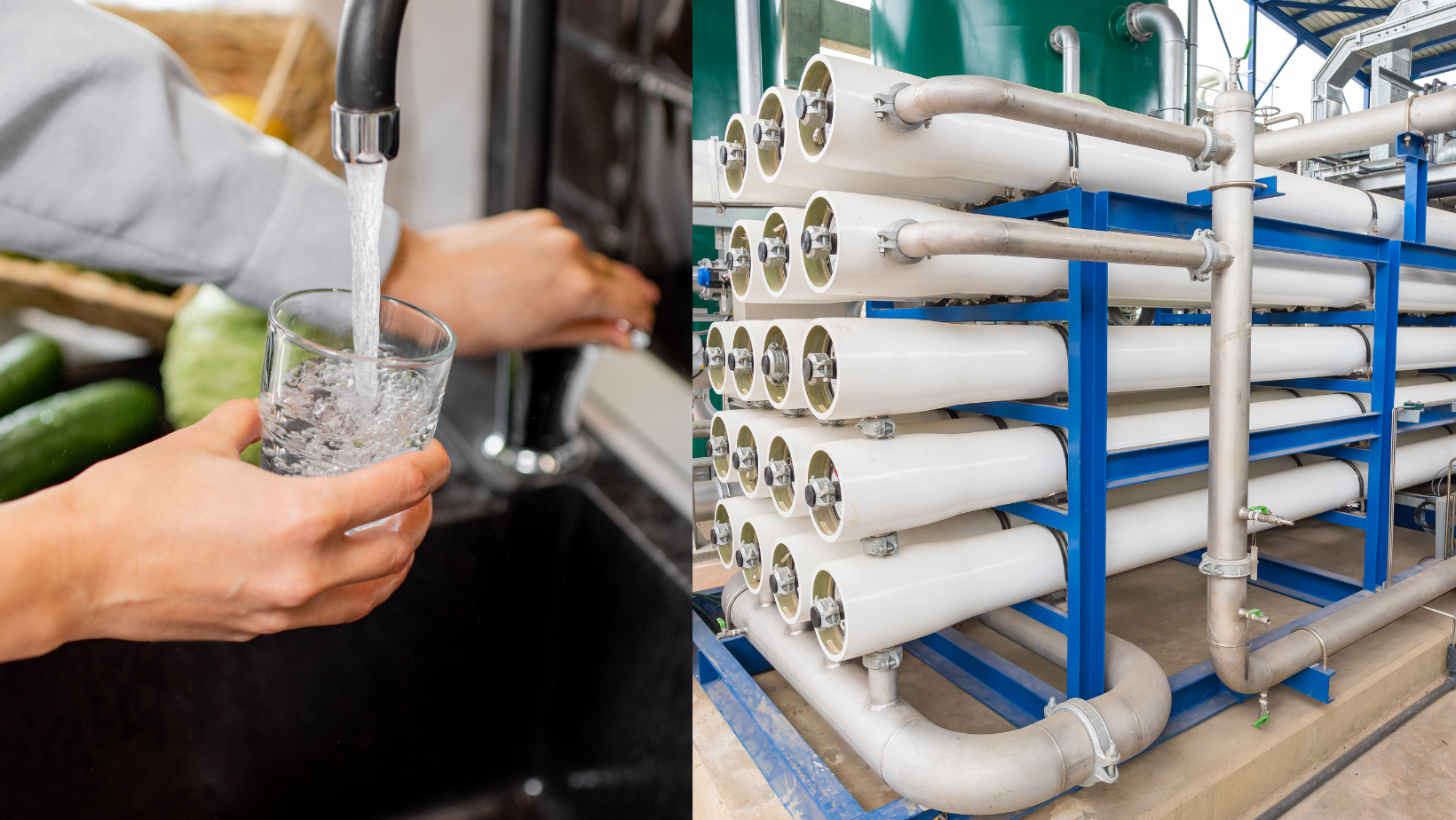
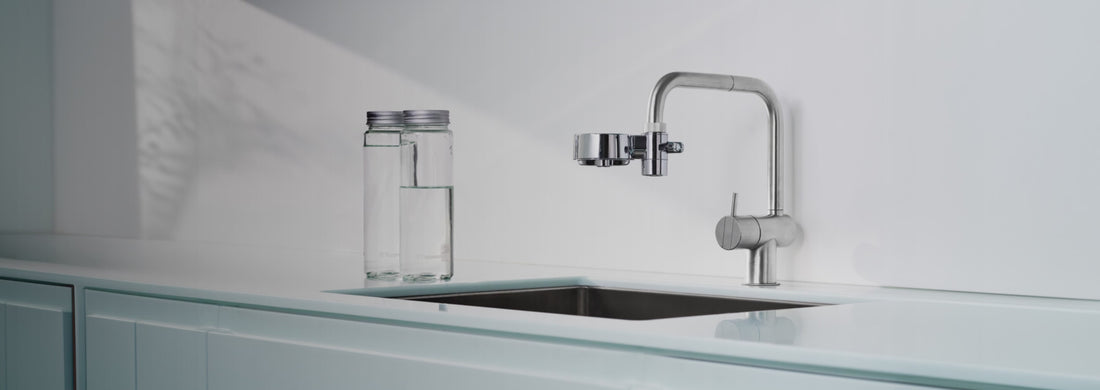
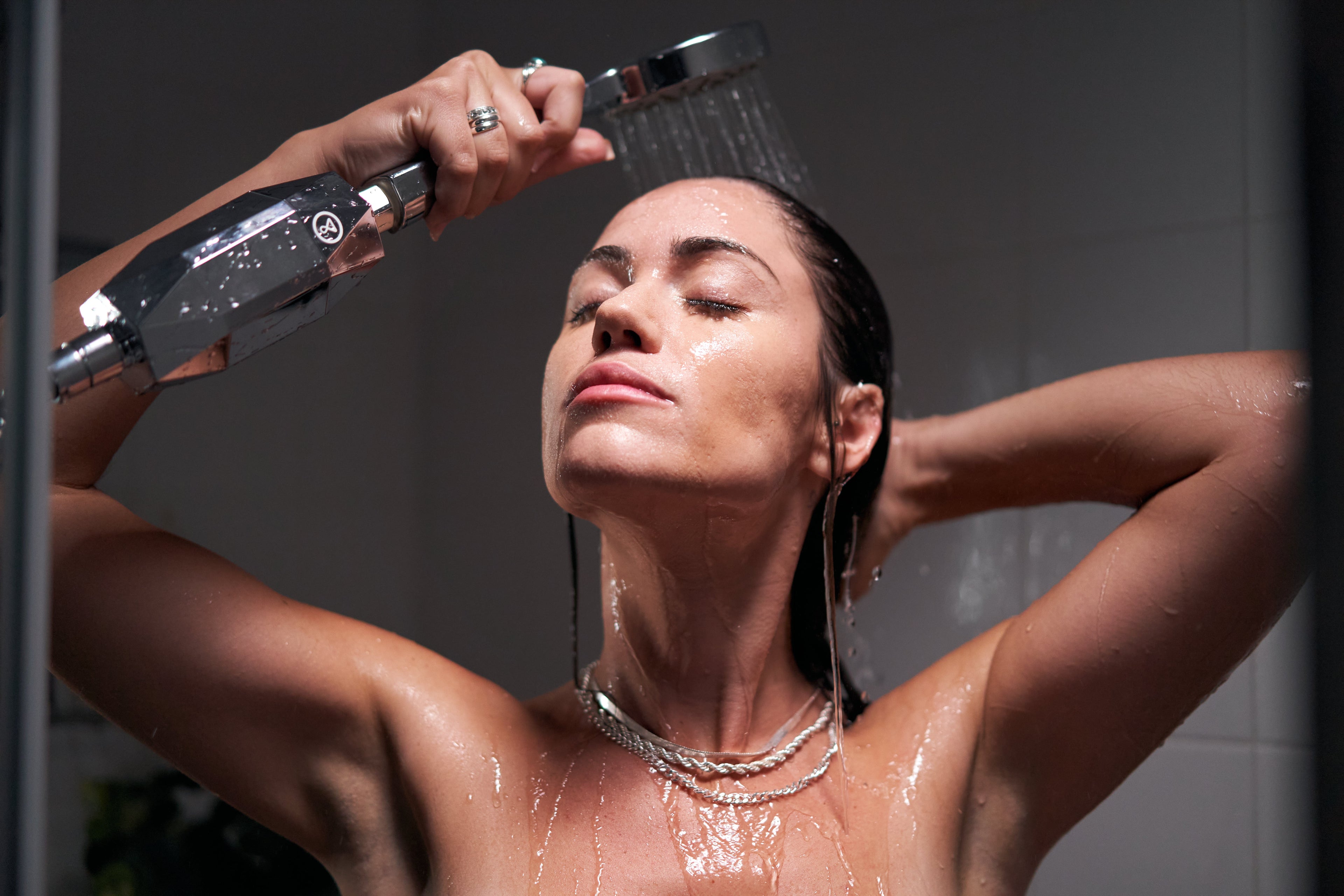
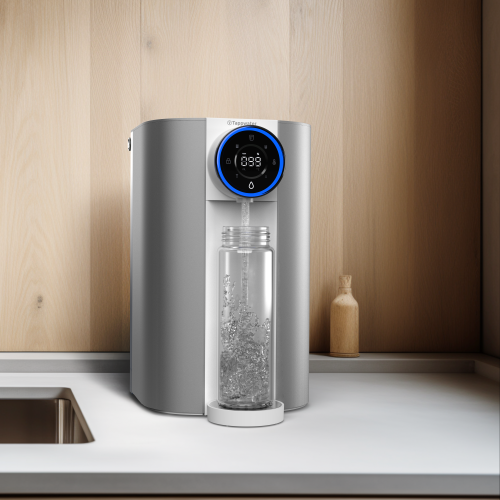
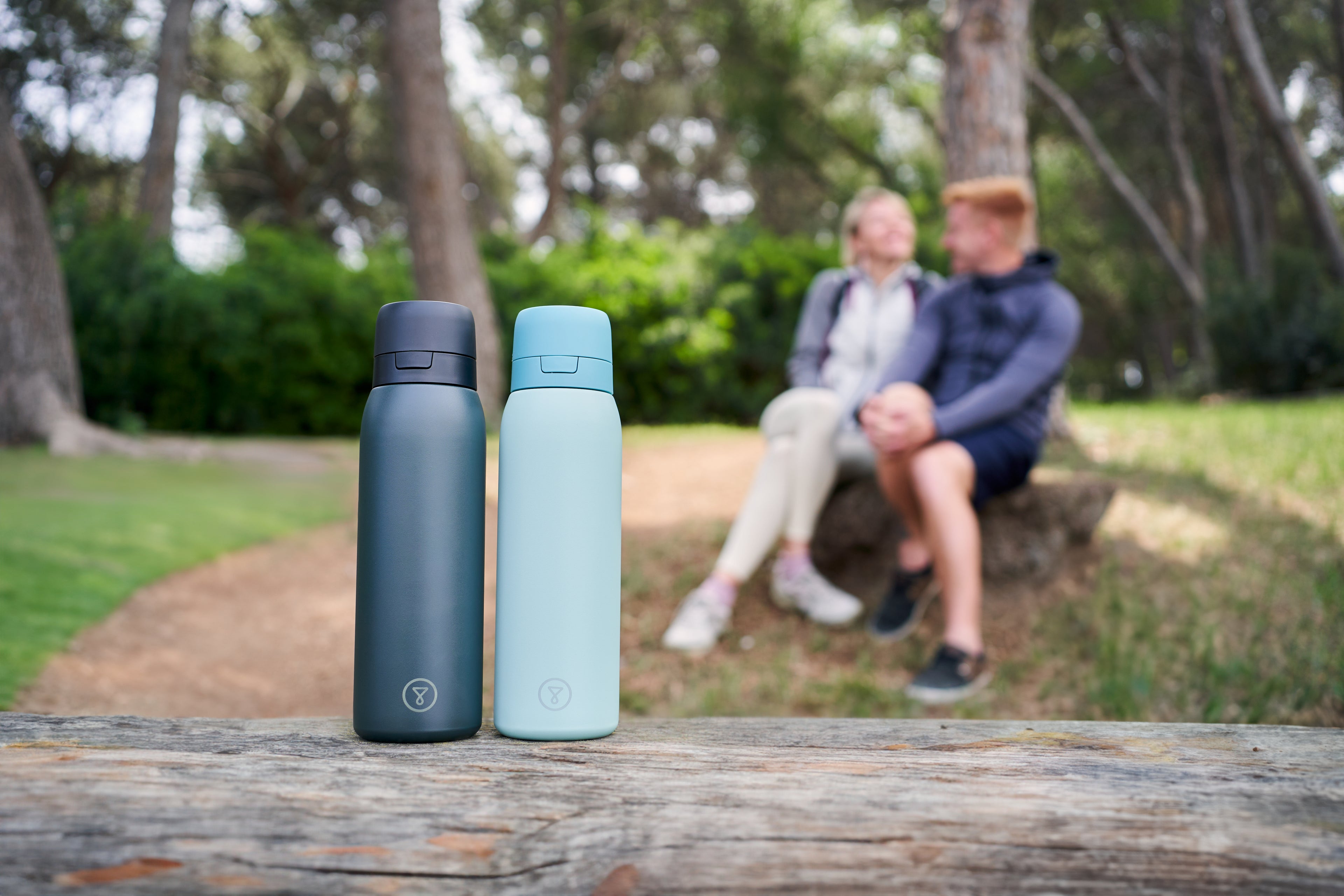
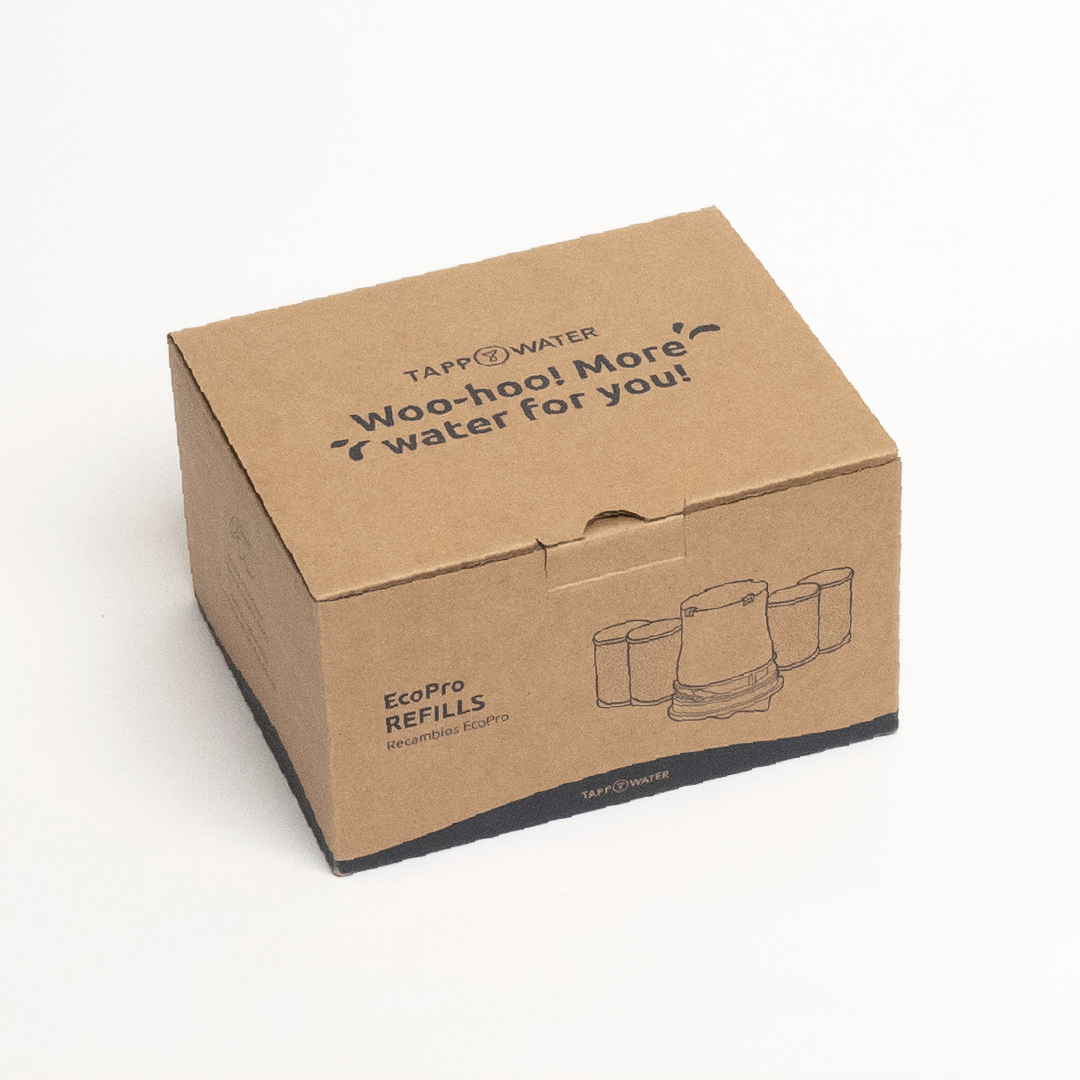
0 comments